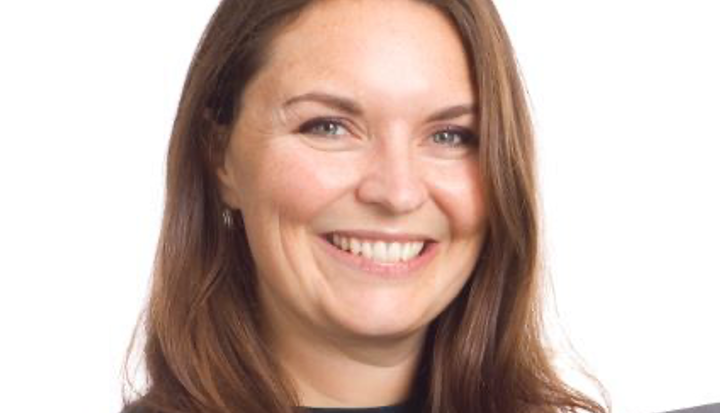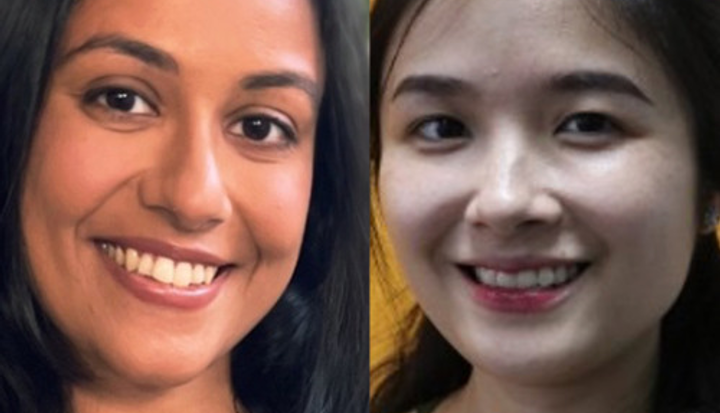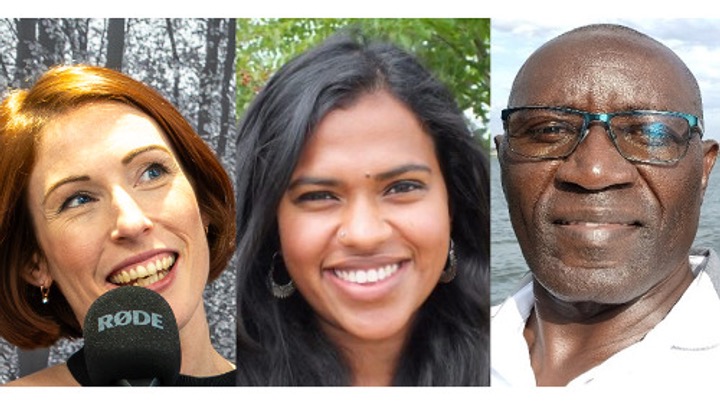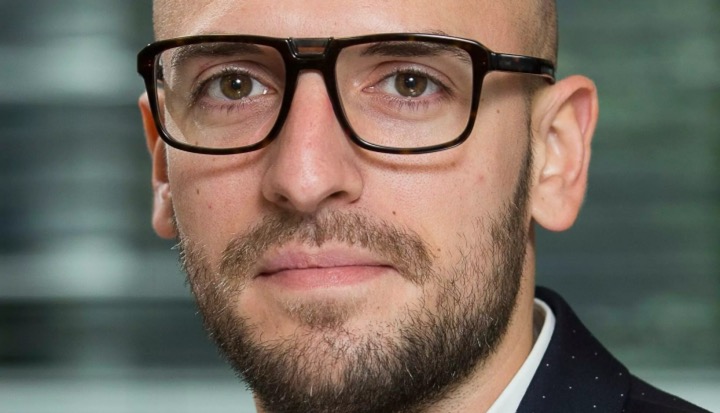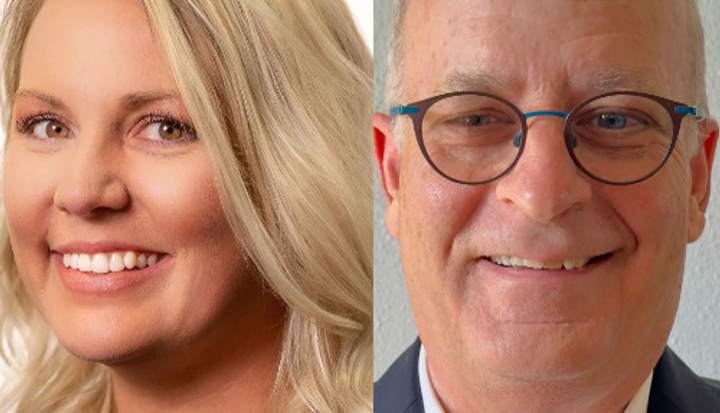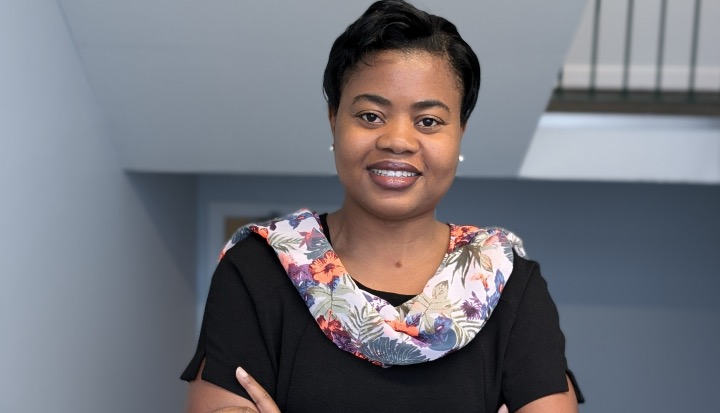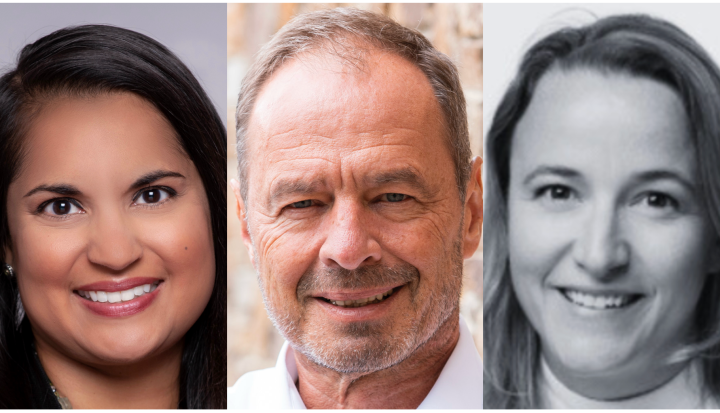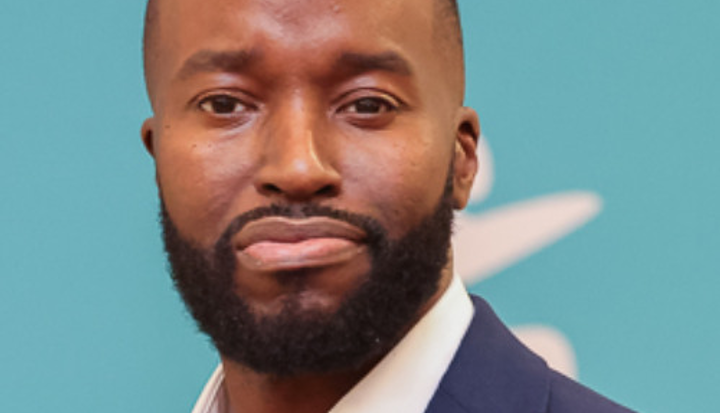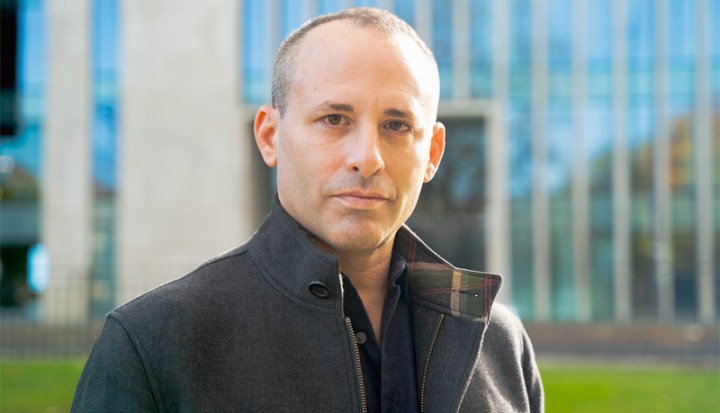BFP: What do you do?
 ER: I have a diverse role: as my title suggests, I collect and analyse information for a multi-year project on food value chains. I also work to make sure the project connects with the businesses, agencies, NGOs and consumers that can change the food system. Our goal is to find ways to make nutritious, healthy foods accessible to people affected by undernutrition, especially poor consumers in several African countries. We are creating tools for donors, businesses, governments and NGOs to understand why value chains are failing to deliver these foods, and where intervention could make a difference. A big part of this is finding ways to incentivize businesses, from small ‘kitchen enterprises’ to multinational companies, to sell the right foods at affordable prices. As more people eat processed foods, it means getting information to consumers on what is in foods and what this means for health, especially for infants and children. The project covers a lot, and that’s what makes it exciting.
ER: I have a diverse role: as my title suggests, I collect and analyse information for a multi-year project on food value chains. I also work to make sure the project connects with the businesses, agencies, NGOs and consumers that can change the food system. Our goal is to find ways to make nutritious, healthy foods accessible to people affected by undernutrition, especially poor consumers in several African countries. We are creating tools for donors, businesses, governments and NGOs to understand why value chains are failing to deliver these foods, and where intervention could make a difference. A big part of this is finding ways to incentivize businesses, from small ‘kitchen enterprises’ to multinational companies, to sell the right foods at affordable prices. As more people eat processed foods, it means getting information to consumers on what is in foods and what this means for health, especially for infants and children. The project covers a lot, and that’s what makes it exciting.
I do much of the day-to-day of work of gathering information, conducting interviews, synthesizing reports and studies, and analysing data. I also help build collaborations with partners to connect the research with organisations in the sector, and to target our analysis and recommendations. I play a role in visioning, developing strategies and managing the project as a whole, and contribute to the nuts and bolts administration. One of the things I like best about my role is talking about the research with outside audiences. I blog here at BFP and at Globalisation and Development. It’s a useful reality check to talk about my work outside the research community.
BFP: What is the best part about your job?
ER: One of the great things about doing research is that it can surprise you and challenge ideas you take for granted. I enjoy learning about real events and people – they’re always more complicated and more interesting than the assumptions you start out with. At the Institute of Development Studies, I get to work with people who bring all kinds of experiences, like advocating with policymakers, implementing programmes and working with the media (and social media). It’s a great environment for learning about – and putting into practice – how research can help change what’s happening in policies and organisations. I like working with different people to make research impactful and relevant to new audiences. For me, relevance connects to activities blogging, talking with all kinds of people during field visits, contributing to forums like Business Fights Poverty, and even linking research to theatre projects I’ve worked on in my spare time.
I also love travelling, especially spending a few weeks somewhere, and having time to explore and meet people from different walks of life. I’m working in Ghana and Nigeria so far. My job lets me ask interesting questions, plus I learn about everyday culture, politics and food. I think learning about – and learning to eat! – new foods is without a doubt the most fun I have in my job.
BFP: What have been your greatest challenges?
ER: When I started this job, my role didn’t have a huge degree of structure compared to my previous roles. I knew we had to provide innovative and relevant research, and try to influence policymakers, businesses and practitioners. But how would we get there? I’m learning I have to be strategic, creative, and adaptive. For researchers who split their time across a number of different projects, it can sometimes be challenging to maintain momentum on many fronts, especially under intense time constraints. Since I work on one project, I get to concentrate my efforts. Still I need to focus on our objectives and mobilise the expertise of other people in the team.
As we talk with different kinds of players in food value chains, we’ve found it can be tough to get the attention of businesses. Of course, it’s obvious that businesses are focused on the bottom line, and have many demands on their time, including from the development community. Convincing them that value chain research can open up new opportunities is a challenge. It’s crucial to engage wherever we can; we also need to recognize that at the end of the day people will have different stakes in the outcomes of our work.
BFP: How have you overcome these challenges?/ What advice, would you give to others?
ER: I mentioned that it takes creativity to connect research with action. It also takes clarity and coordination. I think it is vital to get a project team – including researchers, coordinators, communicators – engaged in serious discussions about how the research contributes to the change we want. These exercises are often required by funders, but I think we can go beyond what fits in management reports. This can involve difficult conversations; going into the details reveals that people have different ideas about what needs to happen. But I think having these conversations early on in a project can foster respect, transparency and effectiveness. It can make the job exciting and play to people’s different strengths.
To be honest, the second challenge, connecting with businesses, is something we are very much working on right now. As we investigate how to foster specific food products in Ghana, we are trying to anticipate the concrete outcomes our work can offer for businesses. At the same time, we have to contribute to other stakeholders and our research is a public good. We are drawing on the IDS Globalisation Team’s ongoing partnership with the Global Alliance for Improved Nutrition, an organisation with a strong record of working alongside businesses. We’re thinking about ways to share and get feedback beyond conventional research reports. This is very much a work in progress, and we’d love to hear from other Business Fights Poverty members!
BFP: If someone wants to do what you do, where should they start?
ER: Many paths can lead to a career involving research, especially at a hybrid organisation like IDS. I have colleagues with backgrounds implementing projects for NGOs, lobbying for policy change, practicing law and doing analysis for businesses. Of course, a graduate-level degree with a strong research component helps. So does experience working abroad, setting your own agenda, working independently and applying a set of research methodologies. The standard advice applies about gaining experience, taking on internships or short consultancies and persevering if you don’t get the position you want at first. I don’t think a degree alone will ever be enough for doing good research. Be curious in whatever you do and ask yourself tough questions, even if this isn’t your job. I think you can gather skills and insights in almost any job that will help give you a unique perspective as a researcher.
BFP: Finally; what do you hope to get out of being part of the BFP community?
ER: As a member of the Globalisation Team at IDS, I get to work with people who have a huge body of experience on businesses in development. That’s how I found out about Business Fights Poverty: the Team has collaborated with BFP to bring together great thinkers. BFP founder Zahid Torres-Rahman talked about how business impacts development at IDS and IDS’s John Humphrey was part of a BFP panel on harnessing value chains for nutrition.
For me participating in Business Fights Poverty is about learning who’s working on the issues and how they’re thinking. It’s been really helpful for me to get feedback and suggestions based on blog posts I’ve written, and to learn about others working on agriculture, food and nutrition. We all have many demands on our time, and it can be hard to participate in social networks as much as we’d like to. I think networks like BFP are at their best when they lead to new ideas and connections, challenge our assumptions and help us do our work better.
Editor’s Note:
Thank you to Ewan Robinson for taking the time to do this interview.
We’re always looking out for members to feature. Help us by taking two-minutes to update your profile, or by nominating someone for Business Fights Poverty Member of the Week.
Read previous Member of the Week interviews here.

